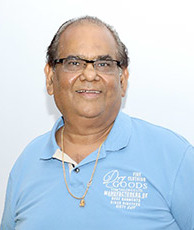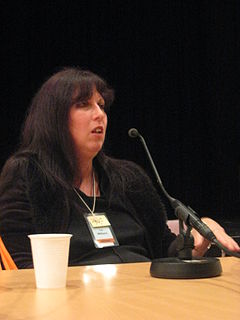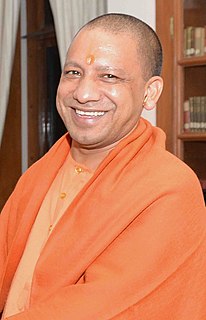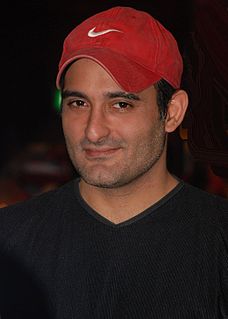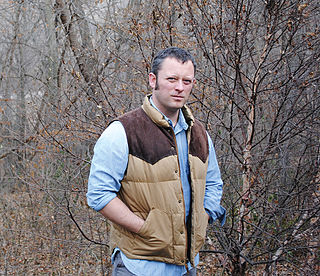A Quote by Karan Mahajan
Apparently, the city of Delhi is a 'character' in my novels. I'd argue that it's a ... city... in my novels.
Related Quotes
The motive behind a Delhi Film Council is simple - with so many filmmakers coming to Delhi to shoot their films, casting Delhi's young lads in their movies and even keeping the city as the base of their story, they surely need more collaboration in future. When they'll have such a council in the city, they will be able to work better.
Delhi is a very maligned city, and deservedly so. Yet there's something about it. It's a secret city, it doesn't hang out its wares. It's like a very deep river. Floating right up on top are the institutions of contemporary power: government, politics, media, and then there's the bureaucracy, the diplomatic missions. But it's also the city of intellectual debate, of protest, it's the city where people from all over the country converge to express their anger. And then, underneath all that, there's this crumbling, ancient city, a confluence of so much history.




